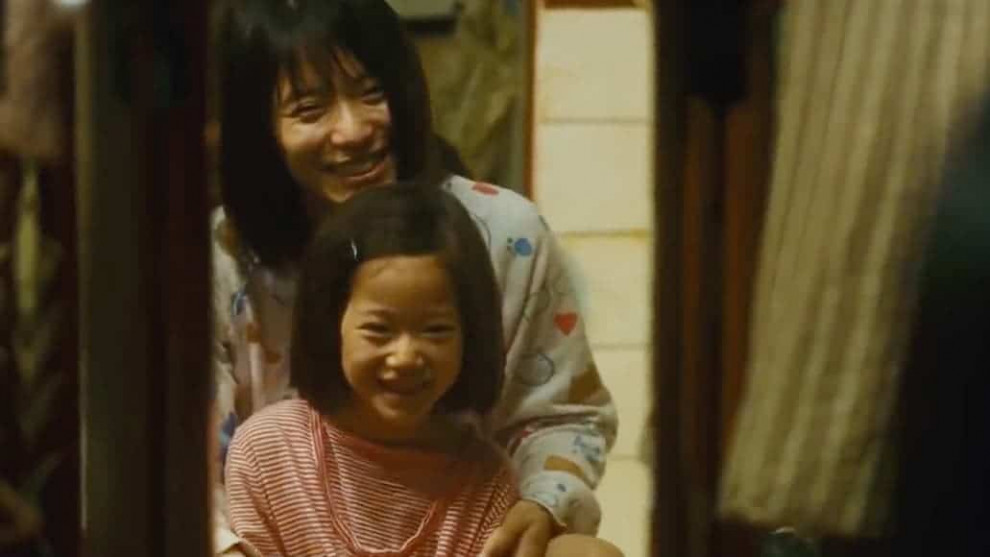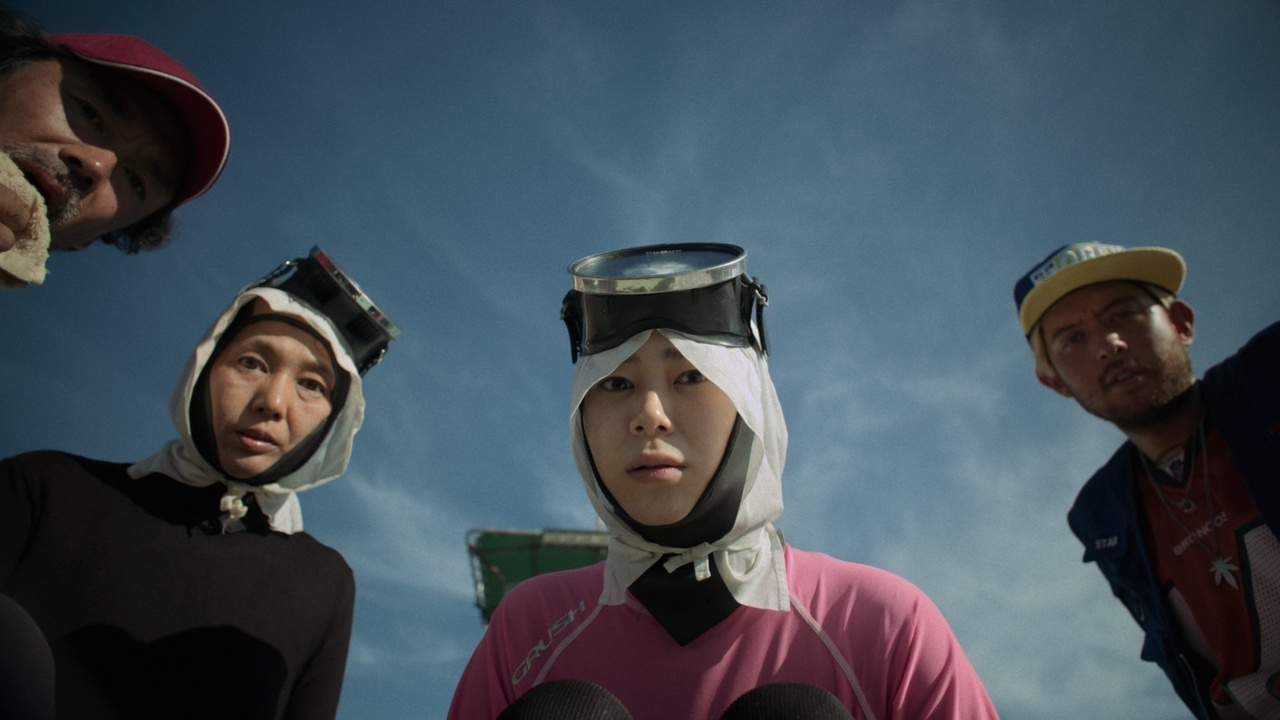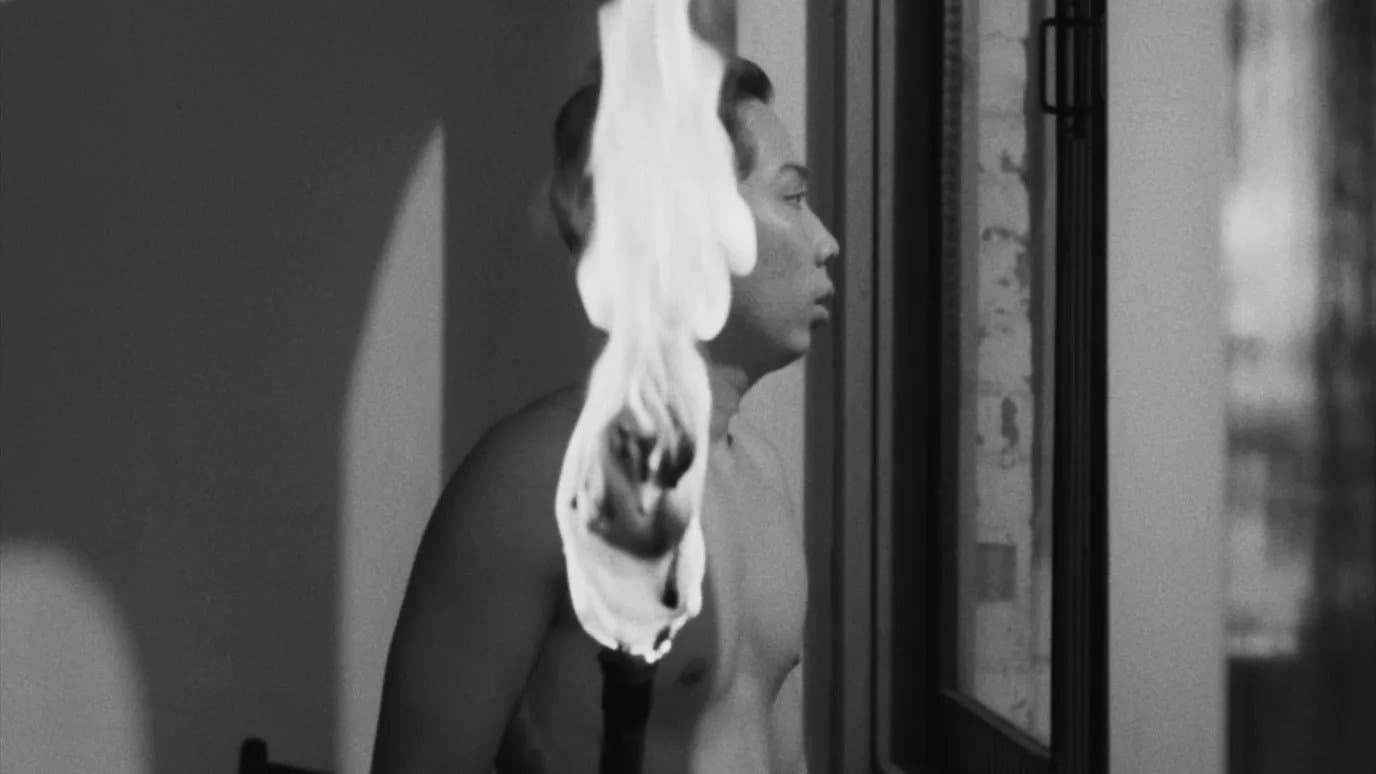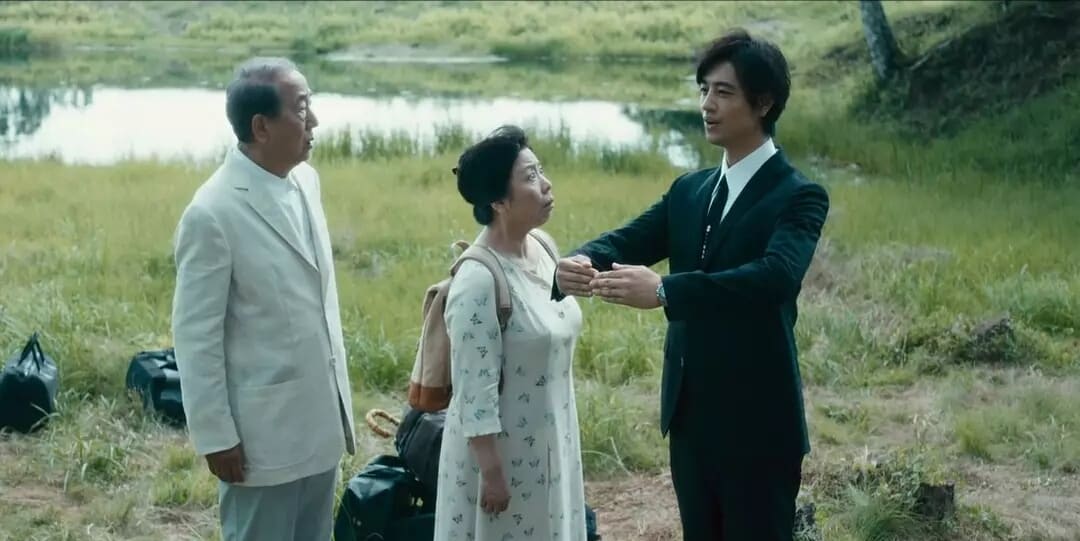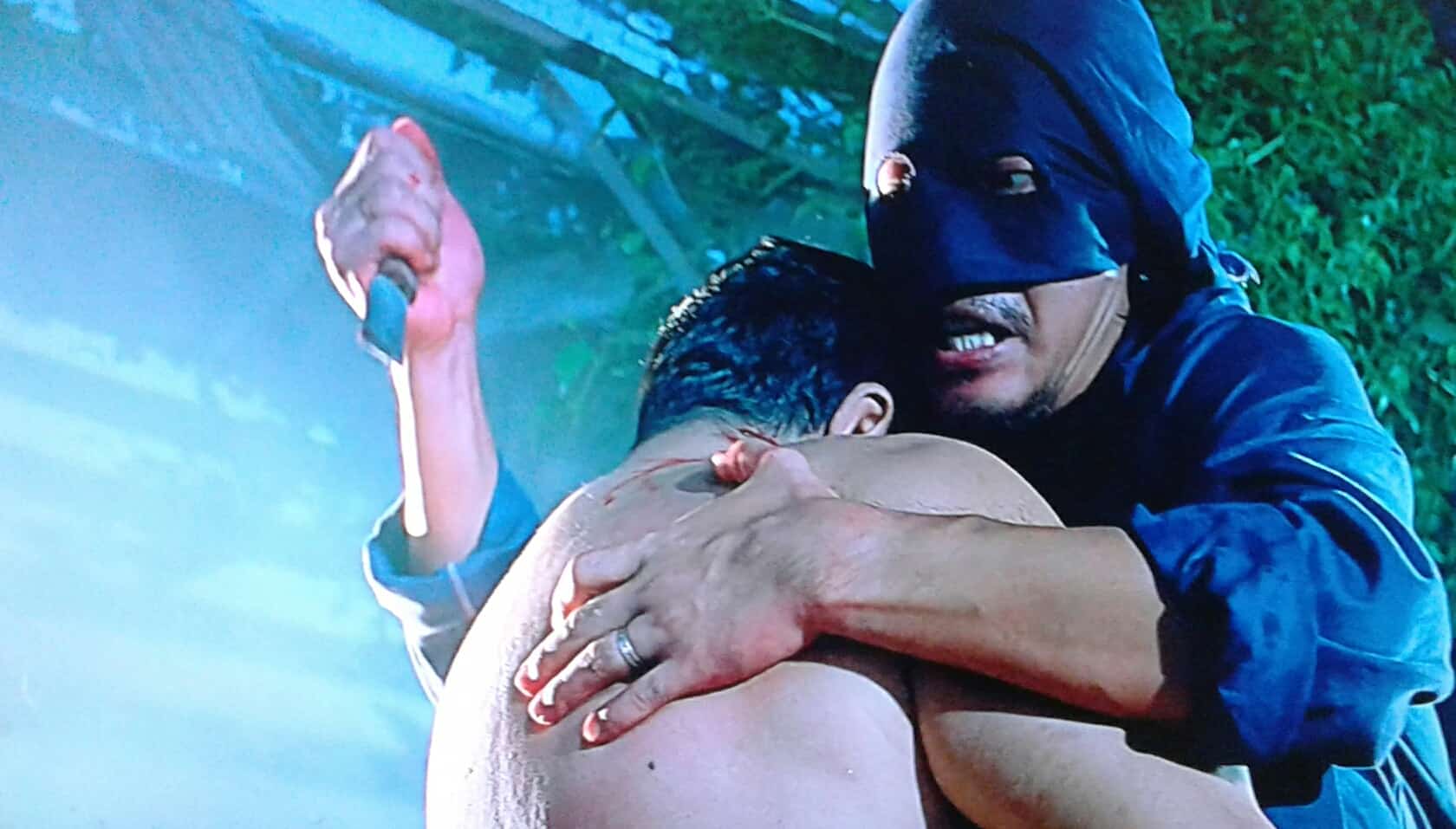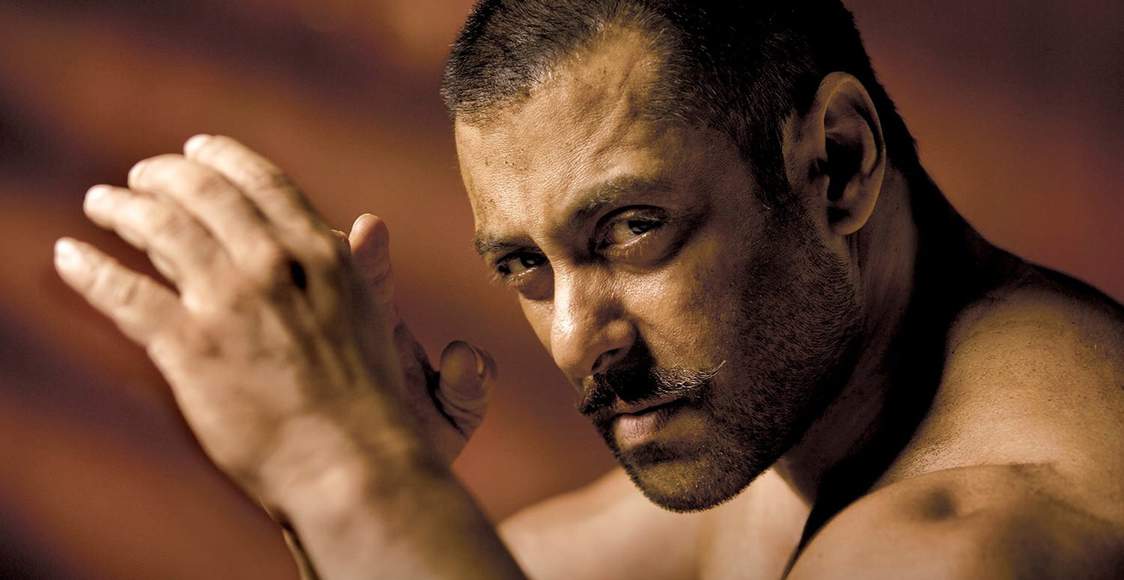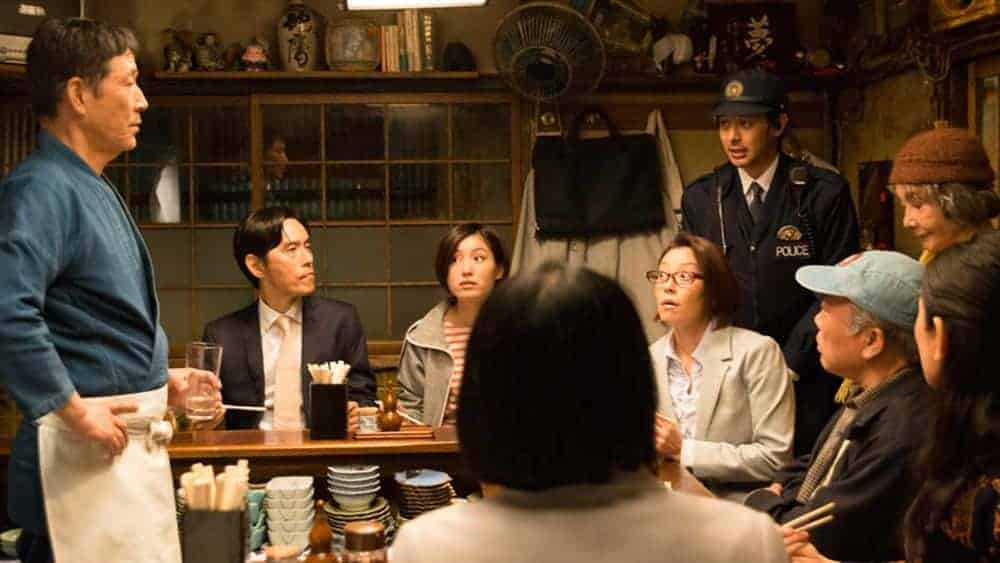“I thought she'd return to her home.”
Japanese filmmaker Hirokazu Kore-eda has been a guest at many international film festivals, but 2018 might go down as perhaps the most successful of his career. His 13th feature film “Shoplifters” has received not only the Palme d'Or at the 2018 Cannes Film Festival, but as the year reached its end, it was found in many top-ten lists, from critics to general film fans alike. Even though the definition of the family unit with regards to outside factors such as poverty has been at the heart of Kore-eda's body of work, “Shoplifters” has struck a chrod with many viewers.
But for its director the inspiration came while working on another film. During the production of “Like Father Like Son” (2013), he began to think about what actually makes a family. The film, which is about two families finding out their sons have been switched in the hospital after birth, poses a similar question since both families have a very different economic and emotional background. In an interview with Deadline-magazine the director claims he asked himself if it was blood or time spent together, which defines a family unit, and if there were other factors besides those which may come to mind first when thinking about this issue.

Additionally, current socio-economic aspects played a role in the genesis of “Shoplifters”. In an article for Vulture Kore-eda explains how the recent recession has hit his home country, causing the definition of family to be put to the test. Since Japanese society is ageing and the general costs of living have increased many families find themselves depending on the pension money their elderly members receive. In some cases, authorities have found out they have not been notified of the deaths of family members so that the pension would still be paid, ensuring the survival of the remaining members.
Buy This Title
A small family lives on the outskirts of Tokyo, in a tiny home owned by Hatsue (Kirin Kiki). Even though Osamu (Lily Franky), Nobuyo (Sakura Ando) and their daughter Aki (Mayu Matsuoka) do their part in making money for the family, it is still not enough to make ends meet. Eventually Osamu and his son Shota (Kairi Jo) shoplift some of the much needed goods and groceries, while Hatsue supports the family with the pension of her dead husband.
One evening, Osamu and Shota run into Yuri (Miyu Sasaki), a 4-year-old girl, who stands outside her mother's apartment while shouting and screaming can be heard from inside. Even though Shota objects, his father takes pity on the abandoned-looking girl, whose bruises tell other stories of abuse and neglect, and takes her home where she is welcomed by the other family members. After a while, Yuri becomes part of the family and also accompanies Shota and Osamu on their shoplifting trips, eventually she even helps them. However, as they watch a news broadcast about a missing girl and a police investigation, all of the family members fear their time together may have come to an end.
At first sight, a film like “Shoplifters” may be seen as a film with an agenda, like so many of the films made, for example, by Ken Loach (“I, Daniel Blake”), and many elements will certainly point in that direction. Especially the scenes showing the workplace of Osamu, Shota and Aki portray a certain level of exploitation which is even further supported by the fact some of them are quickly let go as their health deteriorates or the company has come under other financial stress. Family, or in general the feeling of togetherness, depicts a level of unity and harmony as some kind of safe haven from the outside world.

However, this is precisely where “Shoplifters” deviates most significantly since Kore-eda's script does not follow any agenda besides a profoundly human one. Perhaps “Shoplifters” has more in common with the family drama made by Yasujiro Ozu (“Tokyo Story”), also in the way in the way especially family scenes are shot. Discussions about money, sex and labour, or simply having dinner, are always framed in a way to support the image of this particular family, a construct outside of politics and the economy. A concept which will exist no matter what kind of conditions have become the reality of the world.
Also, Kore-eda's film does not fall into the trap of the melodrama which could be easily executed given the narrative foundation. By adding the additional feature of shoplifting, the film opens up many other interesting options, one of which is the omnipresent danger of being caught. Perhaps Osamu puts it best when explaining how they are the ones neglected and shunned by society, the forgotten ones who have to wait outside like Yuri, only to suffer further harm inside. Shoplifting is a simple way to survive in this world relying on their status as the invisible, which makes kidnapping an even greater risk. In the end, even though they have not been caught yet, its is one of the first signs their time of going unnoticed has come to an end. It is a possible future, both promising and scary at the same time, for a thief who is caught seldom can ask for mercy.

“Shoplifters” is a touching family drama by one of the most significant talents of that particular genre. With a magnificent cast and the beautiful cinematography by Kondo Ryuto, it is a film which deserves the praise it has received and, undoubtedly, will receive in the near future. In many ways it is a story not of, but rather for our times, for the “invisible people” as actress Cate Blanchett called them referring to the family in “Shoplifters” are there, although we have forgotten about them. And their stories need to be told, need to be taken seriously and deserve attention.
Sources:
1) Wise, Damon (2018) Japanese Director Hirokazu Kore-eda Returns To Exploring Family Dynamics In Surprise Palme D'Or Winner ‘Shoplifters' – Cannes Studio.
deadline.com/2018/05/shoplifters-hirokazu-kore-eda-palme-dor-cannes-video-interview-1202394721/, last accessed on: 12/28/2018
2) Schilling, Mark (2018) ‘Shoplifters': Kore-eda's Palme d'Or winner is an eloquent look at the human condition
www.japantimes.co.jp/culture/2018/06/13/films/film-reviews/shoplifters-kore-edas-palme-dor-winner-eloquent-look-human-condition/#.XCat8lxKhhF, last accessed on: 12/28/2018
3) Bramesco, Charles (2018) Hirokazu Kore-eda on Avoiding the ‘Trap' of Poverty Porn
www.vulture.com/2018/11/shoplifters-hirokazu-kore-eda-interview.html, last accessed on: 12/28/2018


